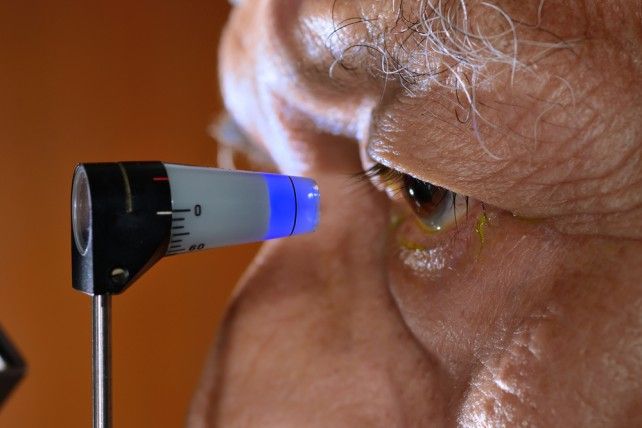1. Have a comprehensive eye test
Visiting your optician for a comprehensive dilated eye test is the only way to really ensure your eyes are fine. When it comes to common vision problems, some people don’t realise they could see better with glasses or contact lenses. In addition, many common eye diseases, such as glaucoma, diabetic eye disease and age-related macular degeneration, often have no warning signs. An eye test is the only way to detect these diseases in their early stages.
2. Know your family’s eye health history
Talk to your family members about their eye health. It’s important to know if anyone has been diagnosed with a disease or condition since many are hereditary.
3. Eat right to protect your sight
You’ve heard carrots are good for your eyes. But eating a diet rich in fruits and vegetables, particularly dark leafy greens, is important for keeping your eyes healthy too.
4. Wear protective eyewear
When playing sports or doing activities around the home, wear protective eyewear. This includes safety glasses and goggles, safety shields and eye guards specially designed to provide the correct protection for certain activities.
5. Quit smoking or never start
Smoking is as bad for your eyes as it is for the rest of your body. Research has linked smoking to an increased risk of developing age-related macular degeneration, cataract and optic nerve damage, all of which can lead to blindness.
6. Give your eyes a rest
If you spend a lot of time at the computer or focusing on any one thing, you sometimes forget to blink and your eyes can become fatigued. Try the 20-20-20 rule: every 20 minutes, look away about 20 feet in front of you for 20 seconds. This can help reduce eyestrain.
7. Clean your hands and your contact lenses – properly
To avoid the risk of infection, always wash your hands thoroughly before putting in or taking out your contact lenses. Make sure to disinfect contact lenses as instructed and replace them as appropriate.
Source: National Eye Institute
1. Have a comprehensive eye test

2. Know your family’s eye health history









